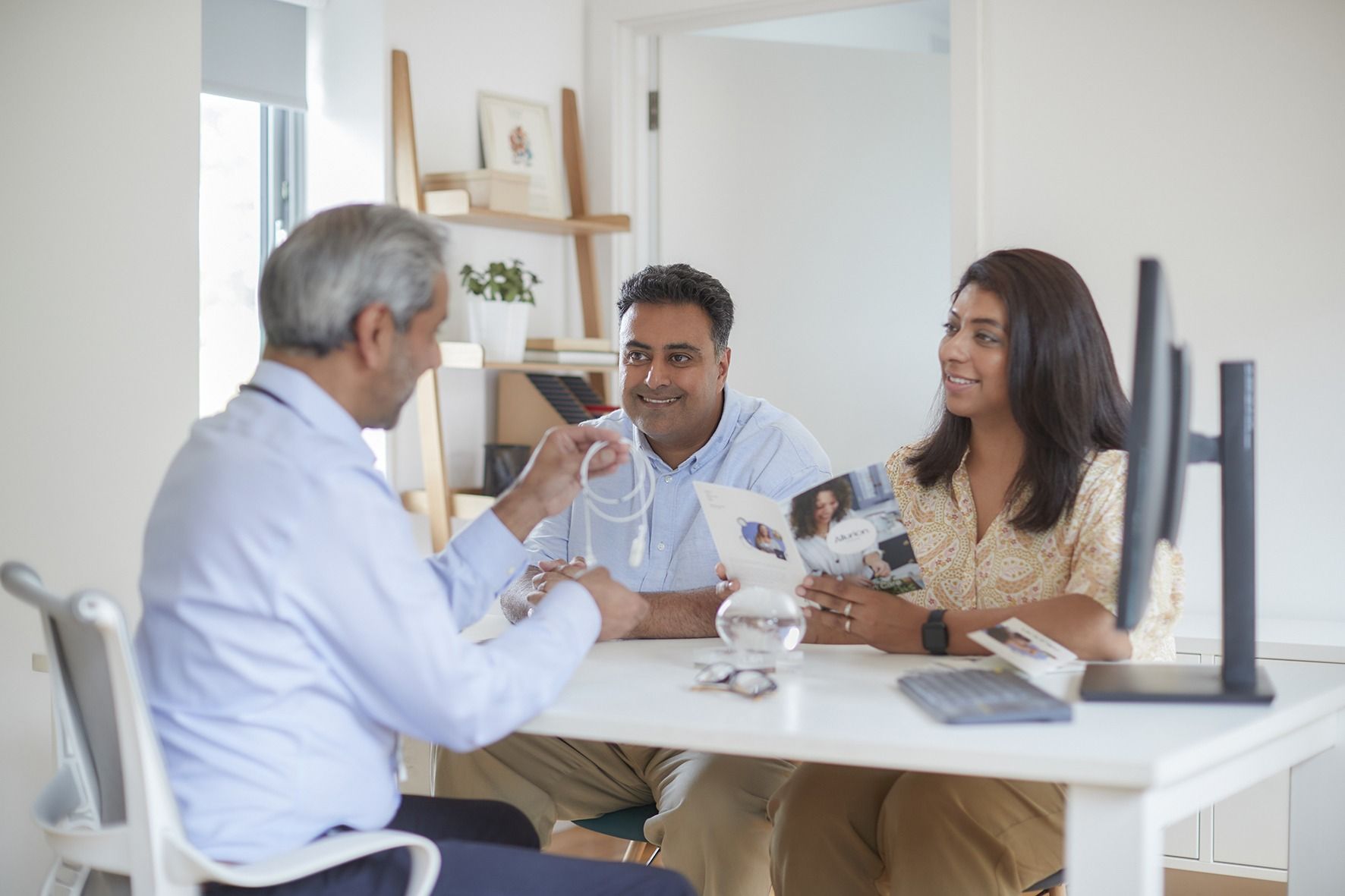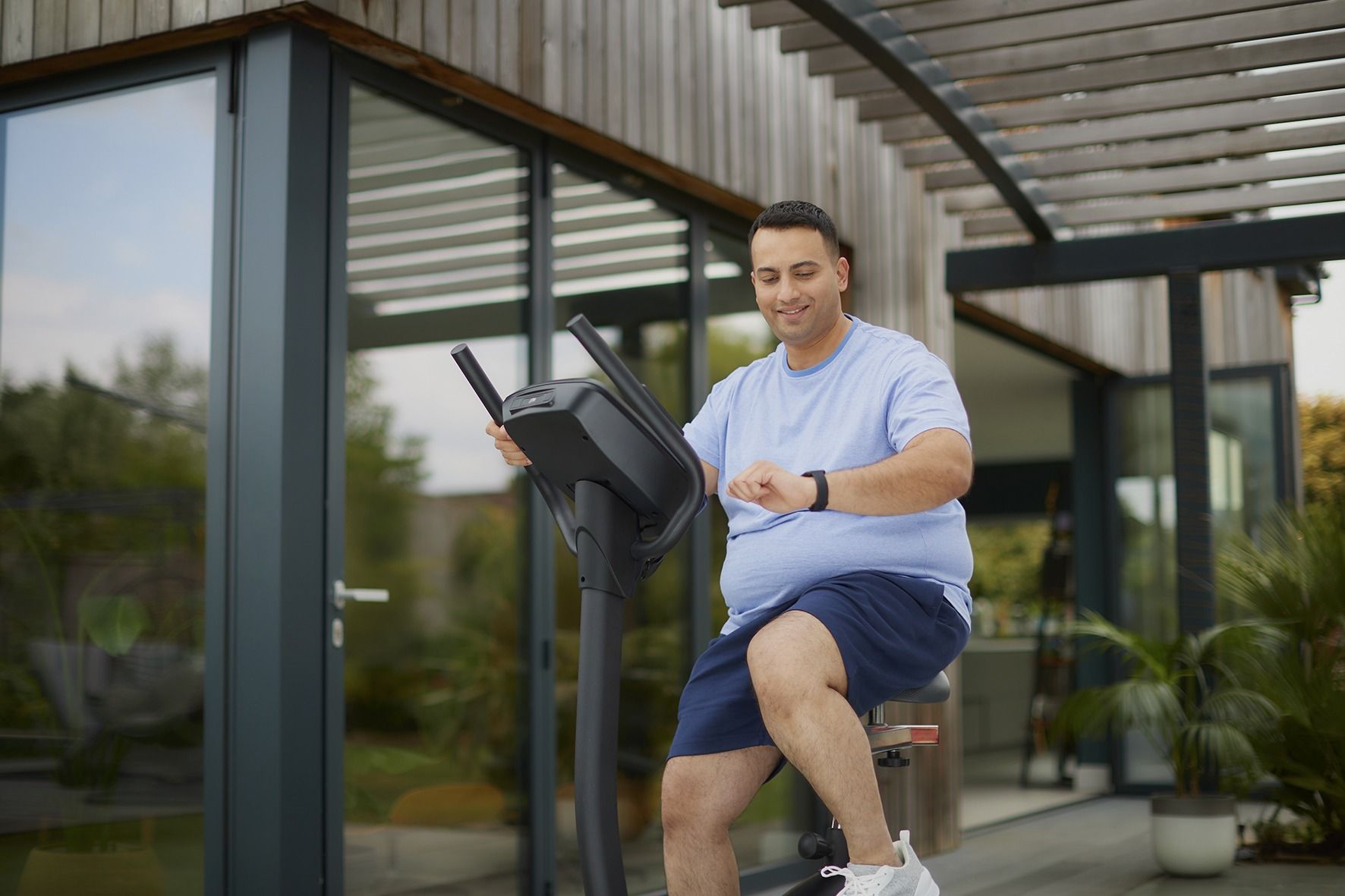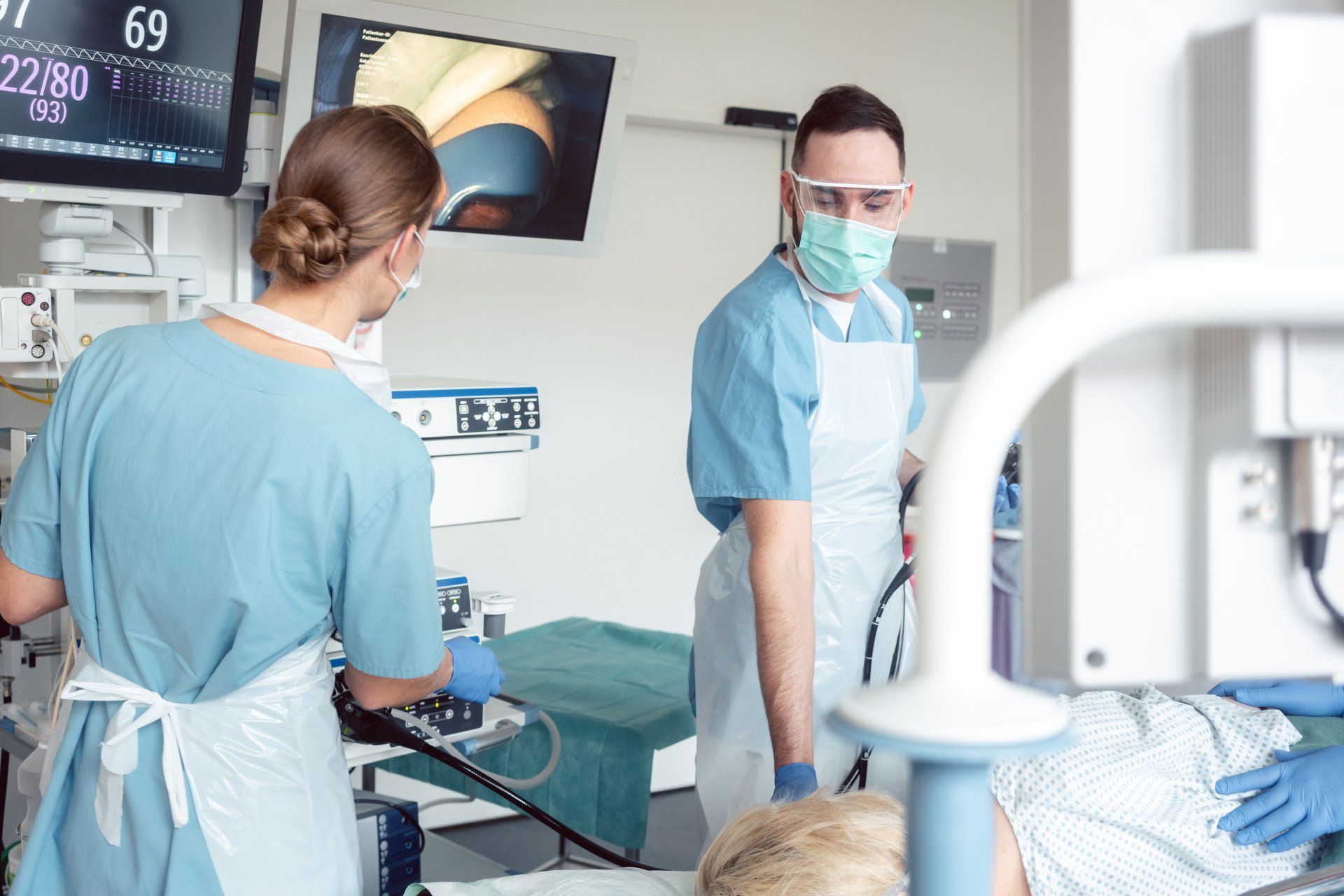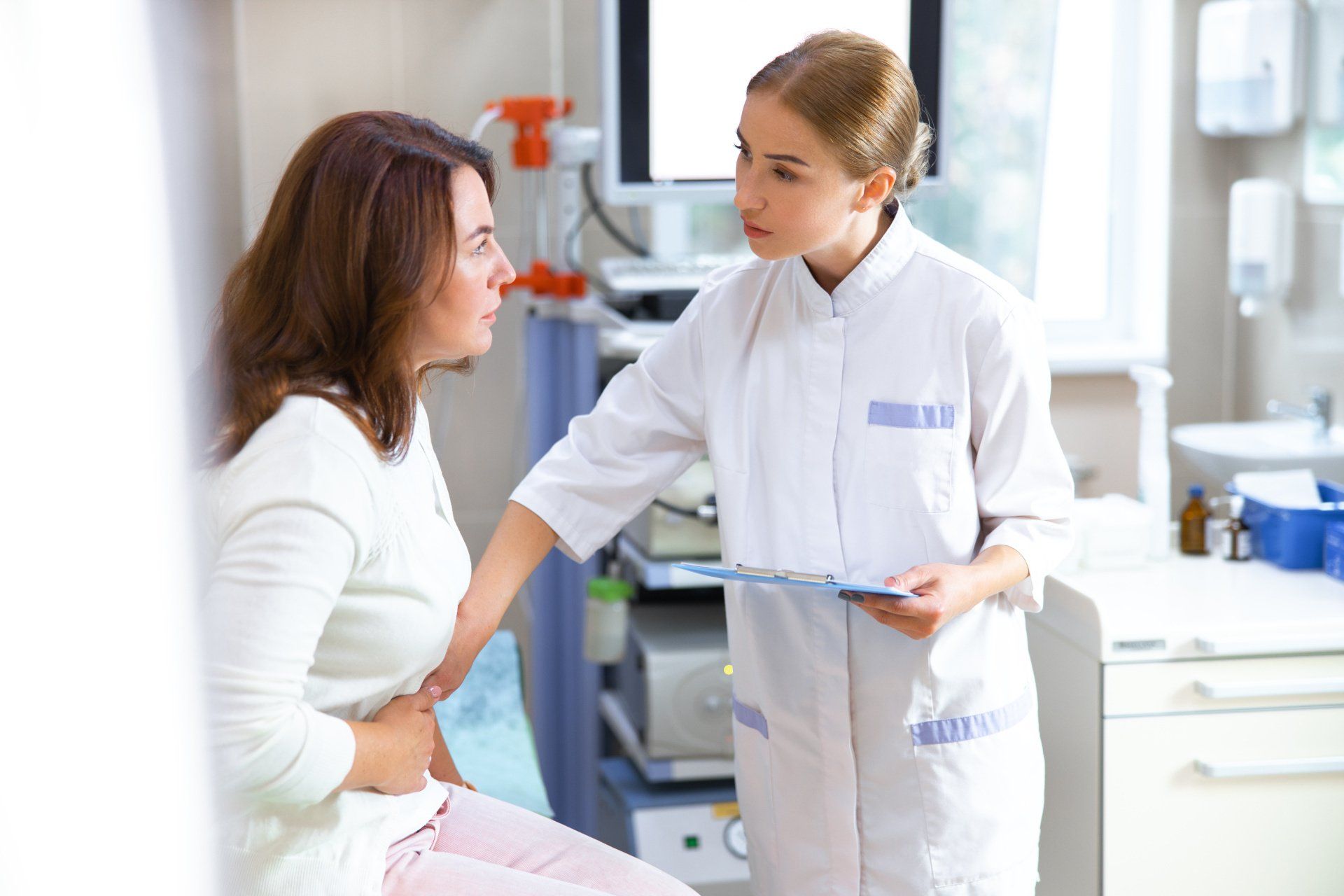What is a Gastroenterologist?
Gastroenterologists are specialists who focus on the health of the digestive system, or the gastrointestinal (GI) tract, as well as the liver. As experts, they can do more than just treat problems such as irritable bowel syndrome (IBS), pancreatitis and peptic ulcers; they also help both adults and children learn what they need to do to keep their digestive system healthy.
Here’s a quick breakdown of what these medical professionals do and when you should consider seeing one.
What does a Gastroenterologist do?
Gastroenterologists predominantly diagnose and treat GI conditions. If your doctor has noticed an issue involving your GI tract, they will most likely refer you to a gastroenterologist for a more detailed assessment. Gastroenterologists primarily work in a clinic or hospital setting and perform endoscopic procedures, in which they use specialised instruments to view the GI tract to make a diagnosis.
What conditions do Gastroenterologists diagnose and treat?
Gastroenterologists have specialist knowledge of:
- the normal movement of food through the stomach and intestine
- the absorption of nutrients
- how waste leaves the body
- how the liver helps with the digestion process
And this area of expertise allows them to diagnose and treat concerns such as:
- Bowel Polyps (also known as Colon Polyps)
- Colitis
- Gallbladder And Biliary Tract Diseases
- Gastro-Oesophageal Reflux Disease (GORD)
- Gastro-Oesophageal Reflux (Heartburn)
- Hepatitis
- Irritable Bowel Syndrome (IBS)
- Nutritional Issues
- Pancreatitis
- Peptic Ulcers
What procedures do Gastroenterologists perform?
Gastroenterologists can perform a range of medical procedures. Please find below a list of procedures Gastroenterologists commonly perform :
- Capsule Endoscopy and double-balloon Enteroscopy (which both examine the small intestine)
- Colonoscopies (to detect colon cancer or colon polyps)
- Endoscopic retrograde cholangiopancreatography (to identify stones or tumours in the bile duct area)
- Endoscopic ultrasounds (to examine the upper and lower GI tract, as well as other internal organs)
- Feeding tube insertion
- Liver biopsy (to assess inflammation and fibrosis in the liver)
- Sigmoidoscopy (to evaluate blood loss or pain in the lower large bowel)
- Upper Endoscopy (to help diagnose conditions of the food pipe, stomach, and small intestine)
When should I see a Gastroenterologist?
Your GP or primary care doctor may refer you to a Gastroenterologist if you are experiencing:
- Blood in your stool
- Constant acid reflux or heartburn
- Difficulty swallowing
- Digestion issues (such as constipation or diarrhoea)
- Unexplained abdominal pain
Also, if you’re over 50 years old, you may want to meet with a Gastroenterologist for regular screening and preventive care, as you could have an increased risk of colon cancer.
We're here to help
Our Gastroenterology doctors can provide compassionate, personalised care and will work with you to diagnose the problem, review your options and choose the treatment that best suits you. To be referred to one of our specialists, to book a FREE consultation please use our handy booking form to select a date and time that suites yourself.









